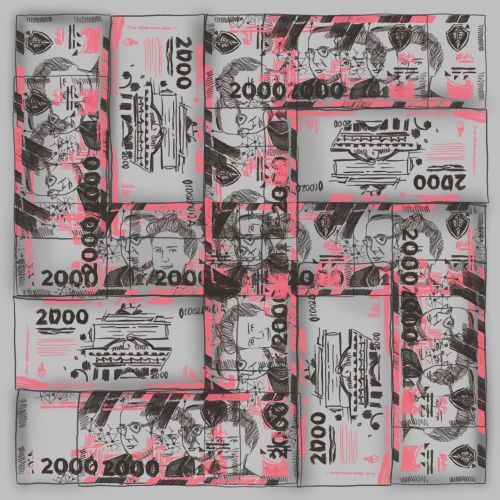Modern slavery and slave work on Sri Lankan tea plantations
According to the Global Slavery Index 2023, in 2021, approximately 50 million people “lived in conditions of modern slavery”, an increase of 10 million compared to 2016, when the survey was last conducted. This figure includes approximately 28 million people engaged in forced labour and 22 million people living in forced marriages. Modern slavery is prevalent in North Korea, Eritrea, Mauritania, Saudi Arabia, Turkey, Tajikistan, United Arab Emirates, Russia, Afghanistan and Kuwait. By numbers alone, the most significant numbers of modern enslaved people are found in India, China, North Korea, Pakistan, Russia, Indonesia, Nigeria, Turkey, Bangladesh and the United States.
Major tea producers like Tetley and Lipton are investigating working conditions on the plantations of their Sri Lankan suppliers. Two global trade certification schemes, Fairtrade and Rainforest Alliance, are also conducting their investigation. In Sri Lanka, over 300,000 people work as pickers on tea plantations. Many complain that they cannot afford food, live in colonial-era homes without toilets or running water, are forced to send their children to work, and are paid by employers for fewer days worked than they do. Workers must collect at least 18 kg of leaves daily to earn $3.25. If they harvest less, they receive a lower rate per kilogram. In addition, due to the Sri Lankan financial crisis, the rupee was devalued almost twice, and inflation in September 2022 reached 86%.























